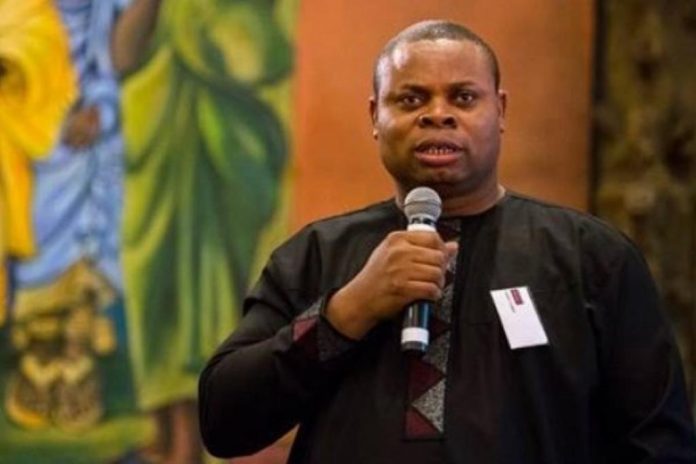Founding President of Imani Africa, Mr Franklin Cudjoe has told the government to work to improve on Ghana’s press freedom rankings.
“We must improve our position on the ranking now that we know otherwise we will be moving in circles,” he said on the Key Points on TV3 Saturday May 7.
For his part, the Executive Director of the Media Foundation for West Africa (MFWA), Sulemana Braimah said the government must admit that things are not going well hence Ghana’s abysmal performance on the press freedom ranking,
Speaking on the same show he said “Government must acknowledge that things are not going well and stop the denial.”
The government welcomed the current press freedom ranking, saying Ghana’s democracy is a work in progress.
Ghana performed poorly in press freedom ranking, dropping 30 places from 2021 to rank 60th on World Press Freedom Index 2022 with a score of 67.43.
The report cited government’s intolerance, a situation that forced journalists to engage in heavy self-censorship in the line with their work.
“Although the country is considered a regional leader in democratic stability, journalists have experienced growing pressures in recent years. To protect their jobs and their security, they increasingly resort to self-censorship, as the government shows itself intolerant of criticism,” the World Press Freedom indicated in its latest ranking released May 3,2022.
It added: “The 2019 information access law authorises journalists to demand information of national interest. However, a clause in the law allows a fee to be charged if the information requested is in a language other than English – a provision used to deny journalists’ access to the information they seek”
“In addition, one third of media outlets are owned by politicians or by people tied to the top political parties. The content they produce is largely partisan. In Ghana, most media outlets face financial problems, reflected in low salaries and poor working conditions for journalists. Frequently, new newspapers are launched only to fold in a few months, due to inability to meet production costs.
“State-owned media, for their part, benefit from government advertising contracts and payment for publishing news items. Government advertising is awarded through a non-transparent and inequitable process”.
In his concluding remarks in a statement analyzing this report, the Minister of Information, Kojo Oppong Nkrumah said “Ghana’s democracy is a work in progress . Overall, therefore, Government welcomes the RSF report as a baseline reference document against which press freedom in our country may be gauged in the coming years.”
By Laud Nartey|3news.com|Ghana


